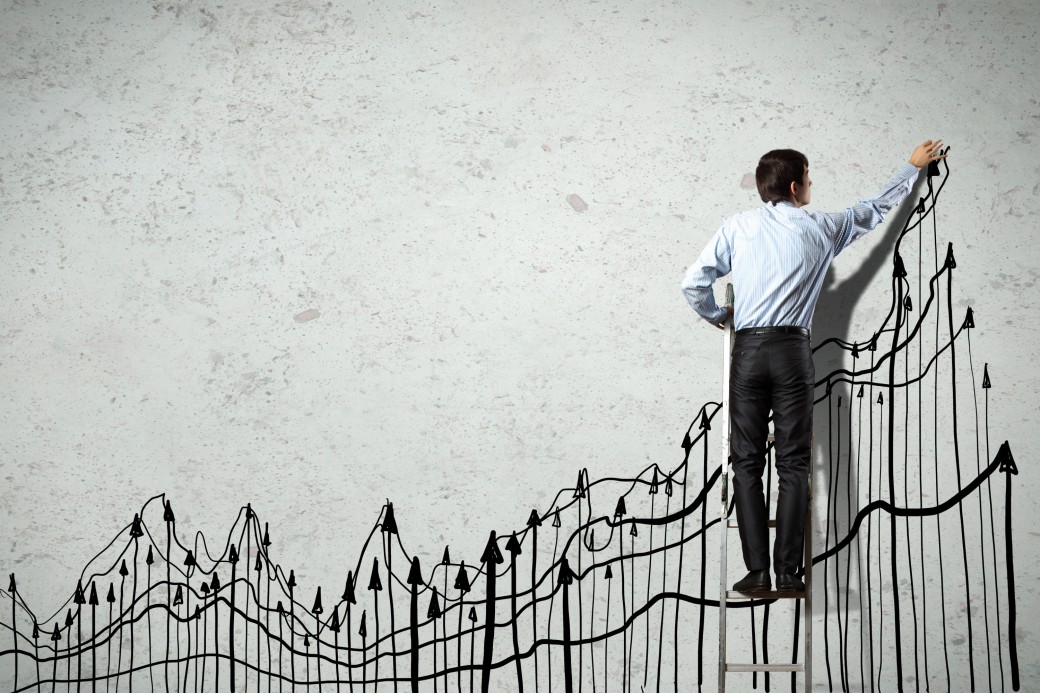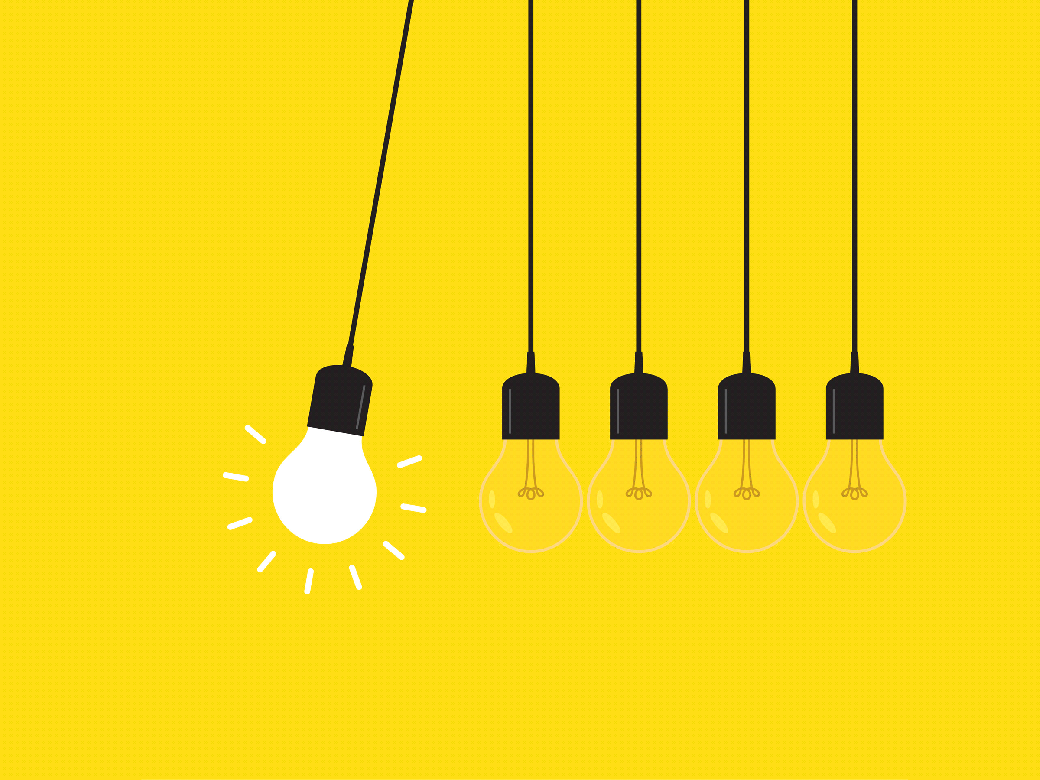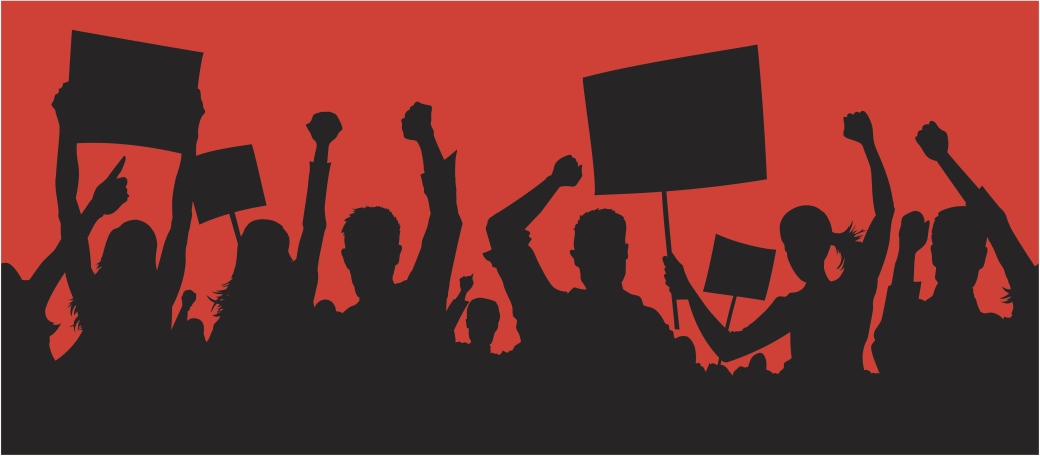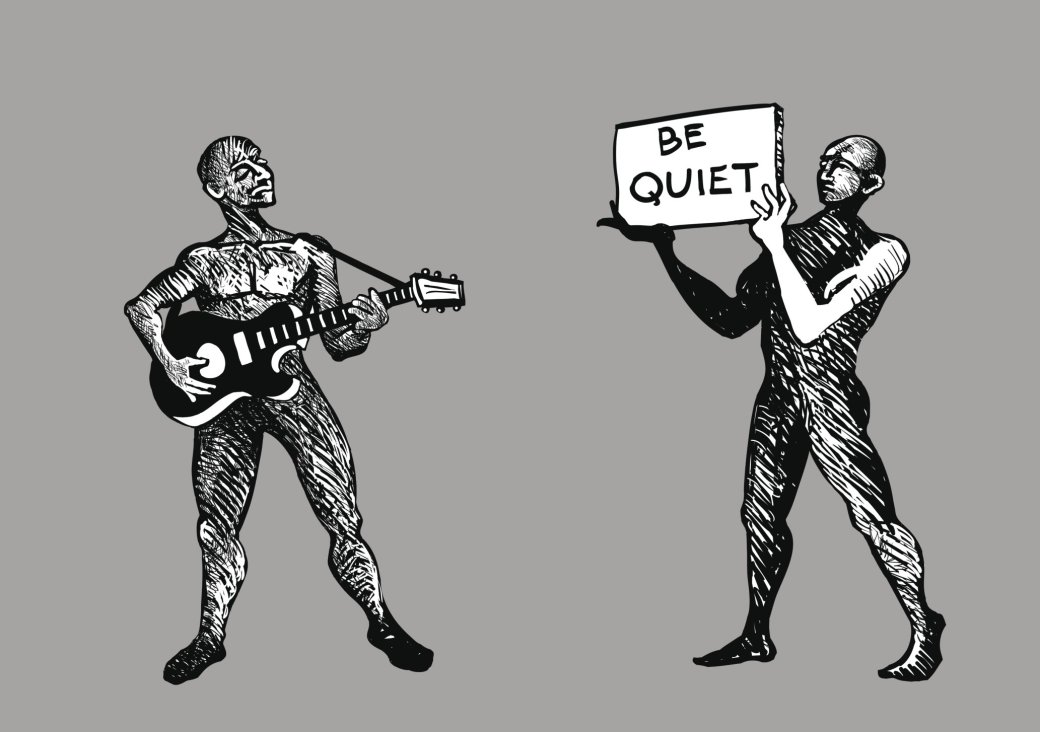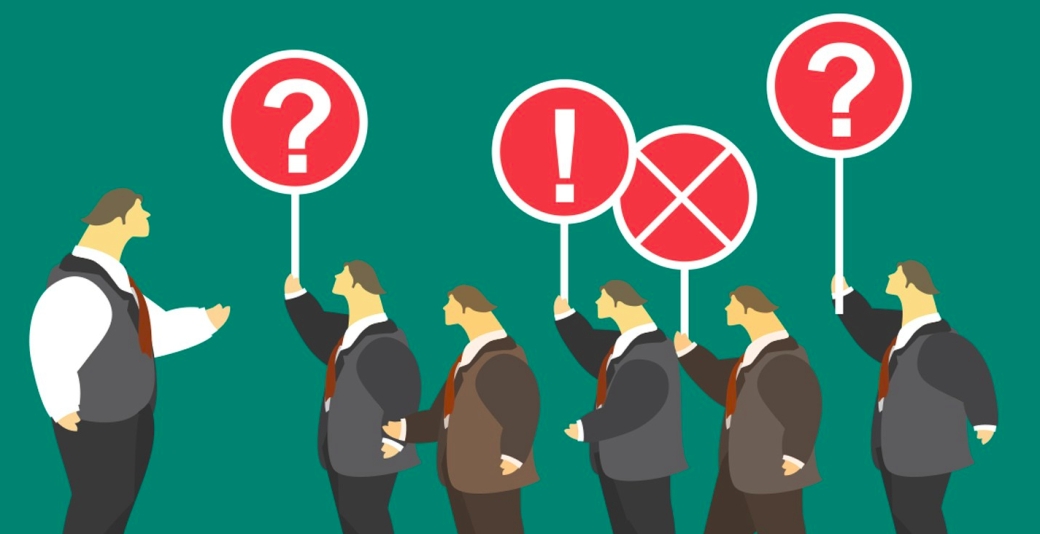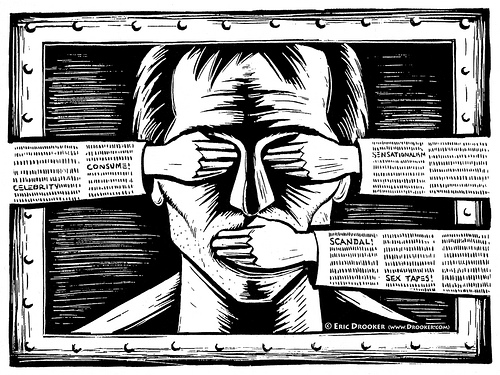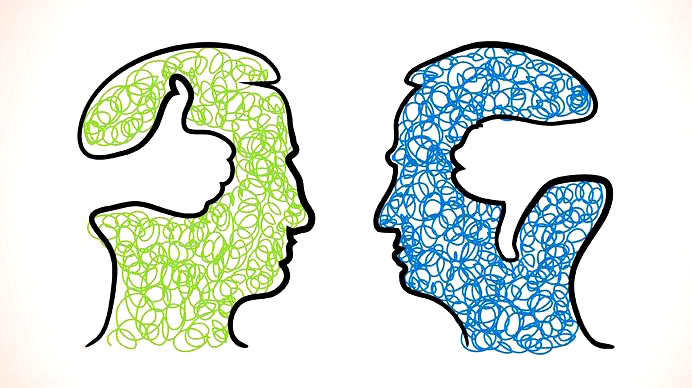Everyone is always on their perennial journey of Self-Actualization.
Every day, we inch closer to the consummate version of “Me”.
This interesting epitome of our existence, that we constantly and considerably study from both a first-person perspective and a third.

We’re constantly growing, learning, teaching, improving & enjoying.
We’re also constantly yearning to be something more than all of this enables us to be.
We’re constantly making decisions about what to do both on the day right before us and the first day of the rest of our lives.
But what exactly are we trying to achieve?

Maslov had it right, but I’d like to believe, probably not in the right order.
Every day, we unchangeably question whether every decision we make is for the best or not. We constantly worry, plan, and engage with our psyche in the endless pursuit of an argument that actually makes sense for once.
Once done vigorously enough, we turn in for the night and have it begin all over again the next day.
But rarely, do we find ourselves on the brink of completely questioning every decision you made in the past. That’s usually seen as a failure. A huge no-no in the world of positive mindsets and cliched emotional cop-outs.
Must we hold ourselves up to the standards we set for ourselves, 5 years back?
Would that person even begin to be able to understand the kind of changes one could go through in that time? The kinds of truths and reality-shattering epiphanies the world one would witness, completely mash into their bubble?

We’re constantly growing, and so are our priorities. Decisions, talents, abilities, and needs once held in high regard, now barely see the light of day.
And that my friend, is the joke of reality. Believing something is eternal. Believing that something is divine and all-encompassing.
Our world is constantly shifting, inside our heads, if not always in front of our eyes.
Are we ready to hold on to the whirlwind, and let it take us far away from where we once dwelled?
Or are we going to ignore that it exists?
See the World in a Different Light,
Signing Off
Shawn Kenneth Fernandes


